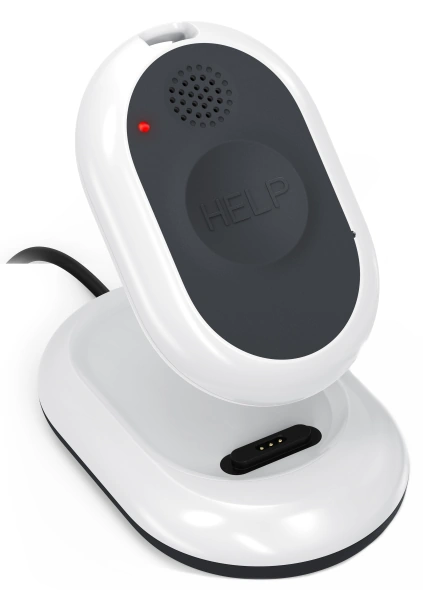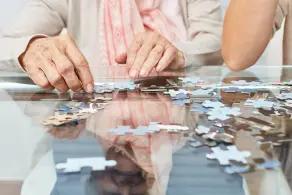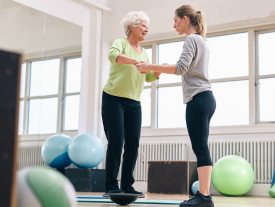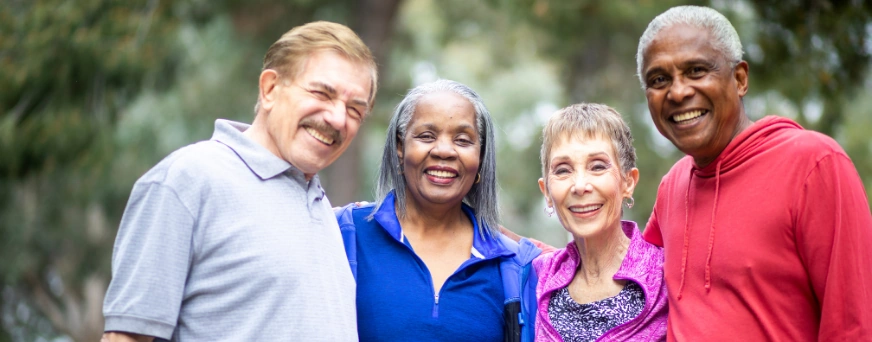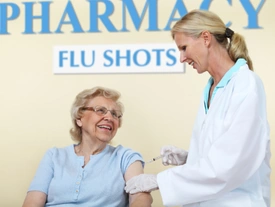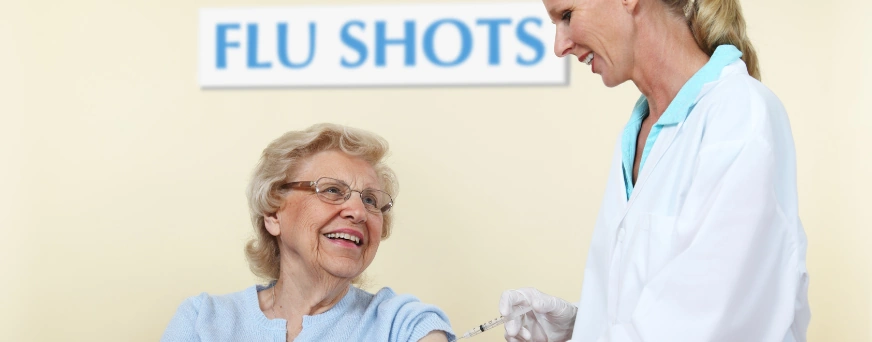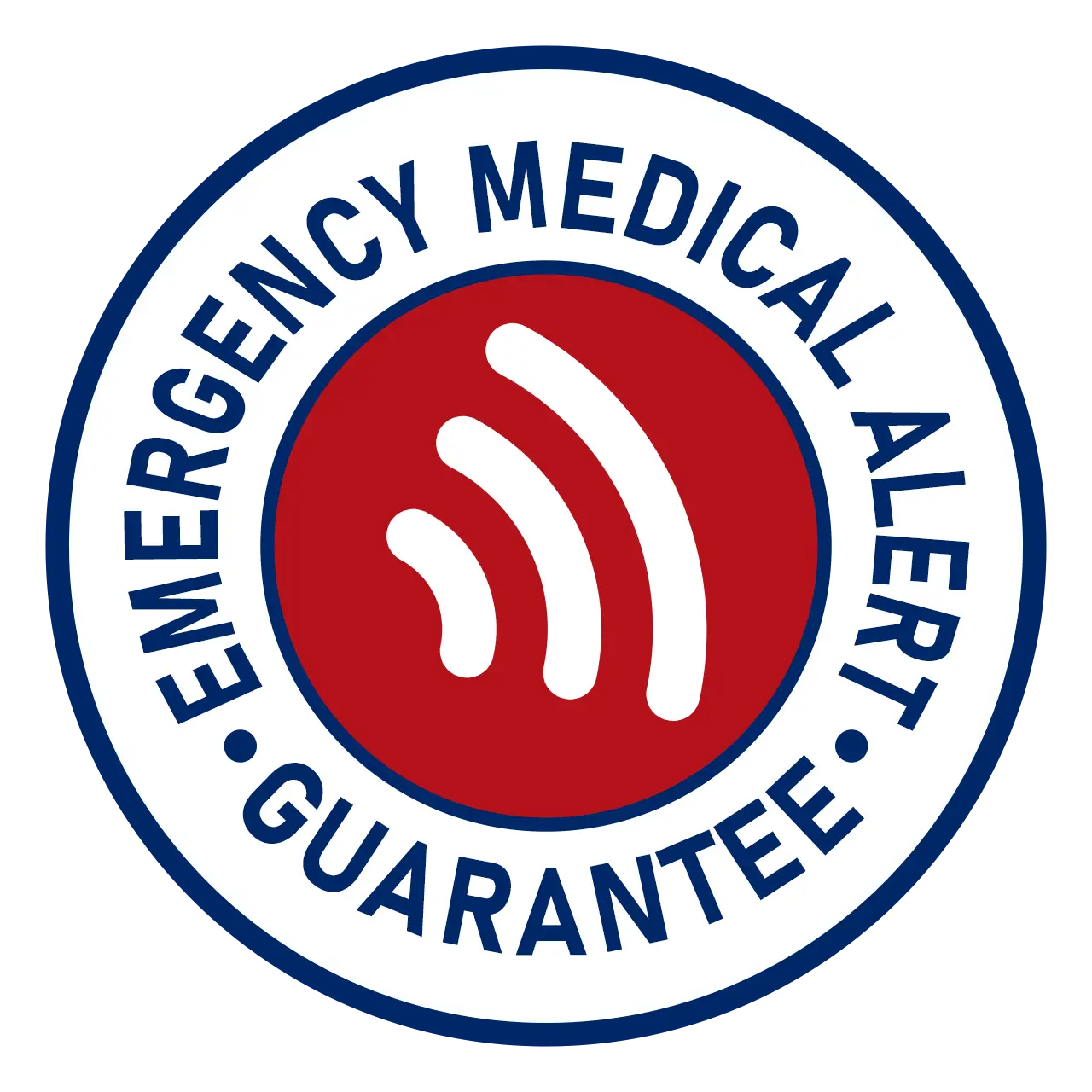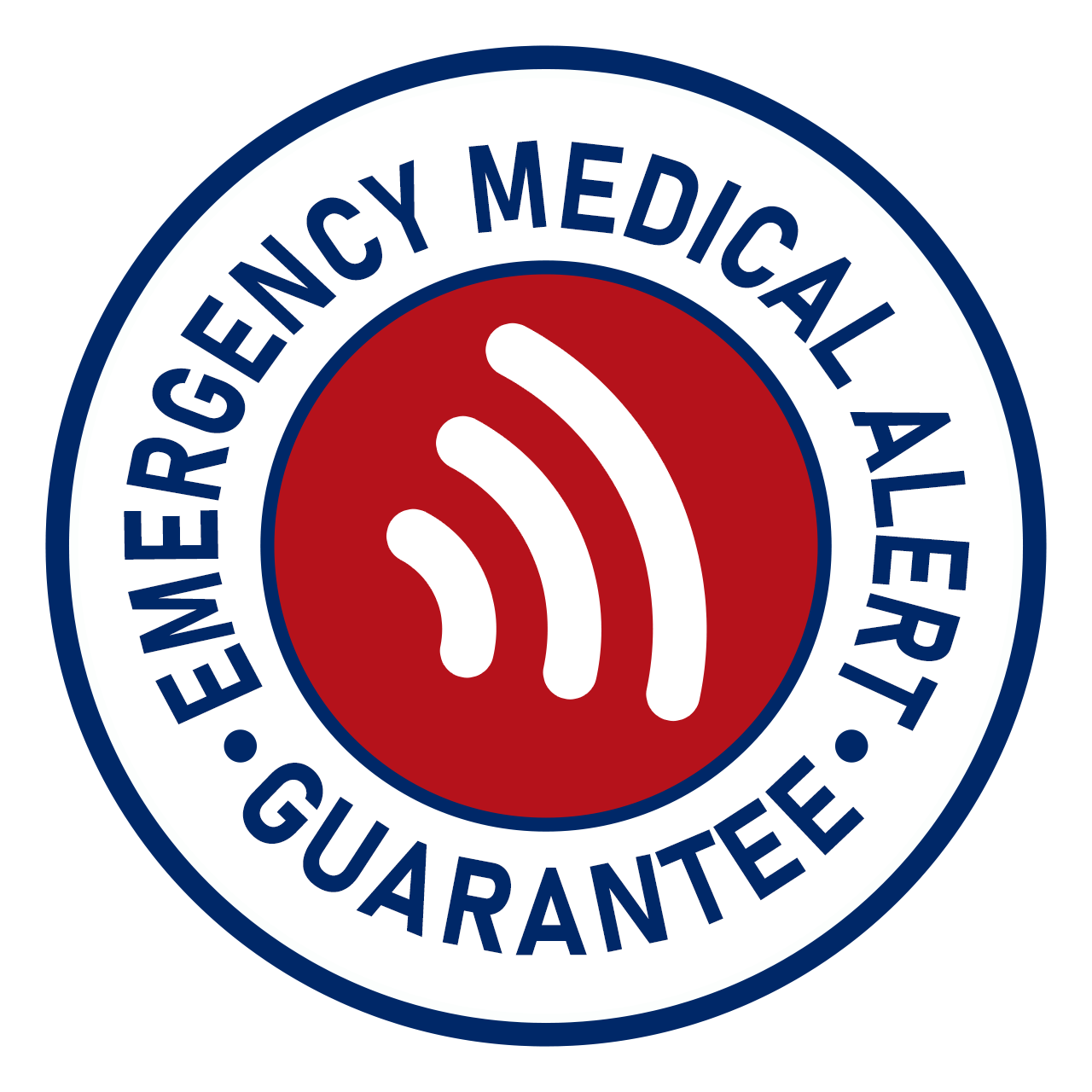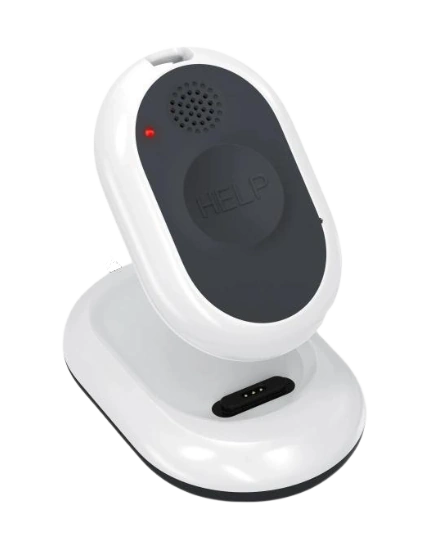Stroke Diet Guidelines Every Survivor Should Follow
Key Takeaway
A stroke-friendly diet focuses on heart-healthy foods, low sodium, reduced unhealthy fats, and steady hydration to support recovery and prevent another stroke. Choosing patterns like the DASH or Mediterranean diet, managing swallowing issues, and watching food-medication interactions help survivors heal safely while protecting long-term brain and cardiovascular health.
Recovering from a stroke is not only about physical rehabilitation. It demands a complete lifestyle shift from you, especially in terms of what you eat.
Your diet after you have suffered from a stroke has a big impact on your recovery process. It also reduces the risk of another stroke and supports the overall health of your brain and heart.
If you are a survivor of a stroke or are a caregiver to such a person, this article will tell you about the top diet guidelines every survivor should follow.
Understanding Nutritional Needs After A Stroke
A stroke can impact your body in several ways. Your nutritional needs will evolve considerably due to mobility limitations and altered metabolism.
Stroke survivors usually face the issue of dysphagia, which is difficulty in swallowing. Their appetite may also be reduced, and they may face increased sensitivity to medications. These factors can affect their ability to maintain a good and beneficial diet.
Proper nutrition is important for healing damaged tissues and maintaining one's muscle mass. It also helps support brain recovery.
Comorbid conditions like hypertension and diabetes can be duly managed with the help of the right food. Such conditions, if not managed, can cause another stroke in the future. Personalized dietary planning is thus an important part of post-stroke care.
Key Diet Guidelines For Stroke Survivors

Here are the key stroke diet guidelines for survivors:
Prioritize Heart-Healthy Foods
Focusing on foods that are good for your heart is the most effective dietary change for stroke survivors. These include the following:
- Fruits and vegetables: Have at least 5 servings of these during the day to boost your antioxidant and fiber intake.
- Whole grains: Replace the refined grains in your diet with brown rice, oats, and barley.
- Lean proteins: Fish and skinless poultry are great sources of lean protein.
- Healthy fats: Replace butter or margarine with olive oil and avocados.
These foods do it all, from improving circulation to reducing cholesterol. They also support brain function and create a strong foundation for recovery.
Limit Sodium Intake
Sodium in unnatural amounts raises blood pressure. It is also a leading factor for strokes. Reducing salt intake can help prevent another stroke and improve heart health.
Avoid consuming canned soups and processed meats. Instant noodles and salty snacks are also a big no.
Learn to check food labels for sodium content; you should focus on less than 1,500 mg/day. Your food's flavor can be enhanced using herbs, lemon, and spices as well.
Cut Back On Saturated And Trans Fats
Saturated and trans fats can raise bad cholesterol (LDL). It increases the risk of blood clots and heart disease.
Do not indulge in red meat and butter, along with fried foods and full-fat dairy. It is also advised that you avoid trans fats found in processed snacks. Instead, use olive oil and fatty fish in your diet to meet fat requirements.
Moderate Sugar Consumption
Excessive sugar intake causes weight gain and insulin resistance. Both of these are leading factors for stroke risk.
Exclude sugary drinks and candies from your diet. Do not indulge in desserts and sweetened cereals, either.
Go for foods with natural sugar content and limit the ones with added sugars. Alternatives like cinnamon and vanilla are a better way to sweeten your meals.
Stay Hydrated
Dehydration can affect brain function and mood. This is very important for stroke survivors who may not be fully aware of their thirst and have mobility issues.
About 6-8 glasses of water every day. This should be modified only if a doctor has advised you to do so.
You can also supplement hydration by drinking herbal teas and eating water-rich fruits like watermelon/cucumber. Do not take sugary or caffeinated beverages since they can dehydrate you during this time.
Recommended Eating Patterns for Stroke Survivors
Here are the recommended eating patterns for stroke survivors:
DASH Diet (Dietary Approaches To Stop Hypertension)
The DASH diet is made especially to lower blood pressure, so it is great for stroke survivors:
- Emphasizes fruits and vegetables along with whole grains and lean proteins.
- Limit sodium and red meats in the diet.
- Reduced the risk of stroke by controlling hypertension.
Mediterranean Diet
This diet takes into account both heart and brain health. This is done through anti-inflammatory and antioxidant-rich foods.
- Includes fresh produce and olive oil along with nuts and whole grains.
- Encourages moderate red wine intake, but take it only if medically approved.
- Promotes long-term cardiovascular and cognitive benefits.
Plant-Based Diet
A plant-based diet is all about whole and non-processed plant foods. These are low in saturated fats and high in fiber.
- This diet reduces cholesterol and lowers blood pressure.
- It also supports weight management.
- Brings together vegetables and fruits along with nuts and seeds.
Note that you may require extra supplementation for iron or vitamin B12. Contact your healthcare provider before you take any.
Special Considerations And Dietary Challenges For Stroke Survivors

Here are some special considerations and dietary challenges to take into account:
Swallowing Difficulties
Dysphagia is common after a stroke. It can make eating a stressful experience and even dangerous if you do not address it properly.
- Get in touch with a speech therapist or dietitian to modify food textures.
- Go for soft foods like mashed vegetables and pureed fruits.
- Avoid dry and crumbly food that can induce the risk of choking.
- Remain upright during and after meals.
Managing Appetite And Weight Changes
Changes in one's brain function and medication can bring changes in appetite or lead to weight gain/loss.
- Eat small meals on a frequent basis if larger meals seem unappealing.
- Have high-protein snacks like nuts and eggs to ensure consistent muscle mass.
- Have healthy snacks within easy reach so you actually eat them.
- Take care of your weight regularly and get in touch with a dietitian for personalized care.
Medication And Food Interactions
Some stroke medications interact with certain foods. For example, anticoagulants like warfarin can be affected by Vitamin K foods.
- Be consistent about the food you take instead of avoiding food groups altogether.
- Try maintaining a food journal and share it with your dietitian.
- Read medication instructions carefully to find out food-related restrictions.
Conclusion
Eating well after a stroke does more than just cause recovery. It is also about building a healthier lifestyle that reduces the risk of future strokes.
Taking heart-healthy foods and choosing the right eating patterns help stroke survivors take the necessary steps to avoid such a problem in the future.


